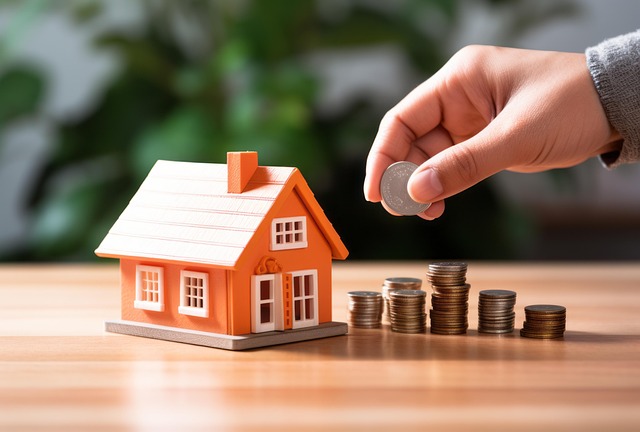
Buying a home is an exciting milestone, but the price tag on your closing documents is just the beginning. A house isn’t a static investment—it’s a living structure that requires care, upkeep, and a financial commitment beyond the monthly mortgage. If you’re stepping into homeownership for the first time, here’s a closer look at the ongoing expenses that may not have been top-of-mind during the buying process.
Property Taxes and Insurance
Unlike renting, where a single monthly payment covers most costs, homeowners must pay property taxes and insurance separately. Property taxes fluctuate based on municipal assessments and local rates, while homeowner’s insurance costs vary depending on location, home value, and coverage options. Budgeting for potential rate hikes is crucial, as these are non-negotiable expenses.
Utility Bills: The Full Spectrum
Many first-time homeowners are surprised by the sheer scope of utilities. Beyond electricity and water, you may need to factor in gas, waste disposal, and sewer charges. If you’re moving from an apartment, your heating and cooling costs may increase significantly due to a larger space and different insulation levels.
Routine Maintenance and Repairs
Every component of a home—from the HVAC system to the roofing—has a lifespan. Systems require periodic servicing, such as annual furnace tune-ups and seasonal gutter cleaning, to prevent premature failure. Additionally, wear and tear are inevitable, so expect to replace fixtures, appliances, and even exterior elements like fencing over time. A prudent homeowner sets aside funds for both scheduled maintenance and unexpected fixes.
Exterior Responsibilities
If your property includes a yard, maintenance extends beyond the interior. Lawn care, snow removal, tree trimming, and pest control all require attention—and sometimes professional help. Homeowners in areas with homeowner associations (HOAs) may also have dues that cover communal landscaping or amenities, adding another recurring expense.
Appliance and System Upkeep
Unlike a rental where major appliances are typically the landlord’s responsibility, homeowners must manage the upkeep of everything from water heaters to refrigerators. When these systems fail, replacement costs can be substantial. Investing in periodic servicing and keeping a financial cushion for major appliance replacements can prevent sudden financial strain.
Final Thought: Expect the Unexpected
Homeownership is rewarding, but it demands financial preparedness beyond the mortgage. A well-maintained home retains value and prevents small problems from escalating into costly disasters. The key takeaway? Plan ahead, budget wisely, and embrace the ongoing investment that comes with owning your own space.


